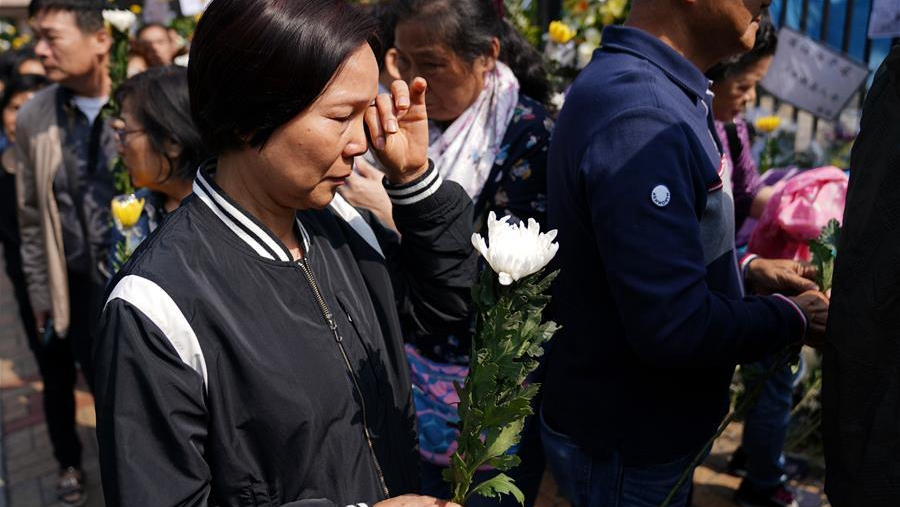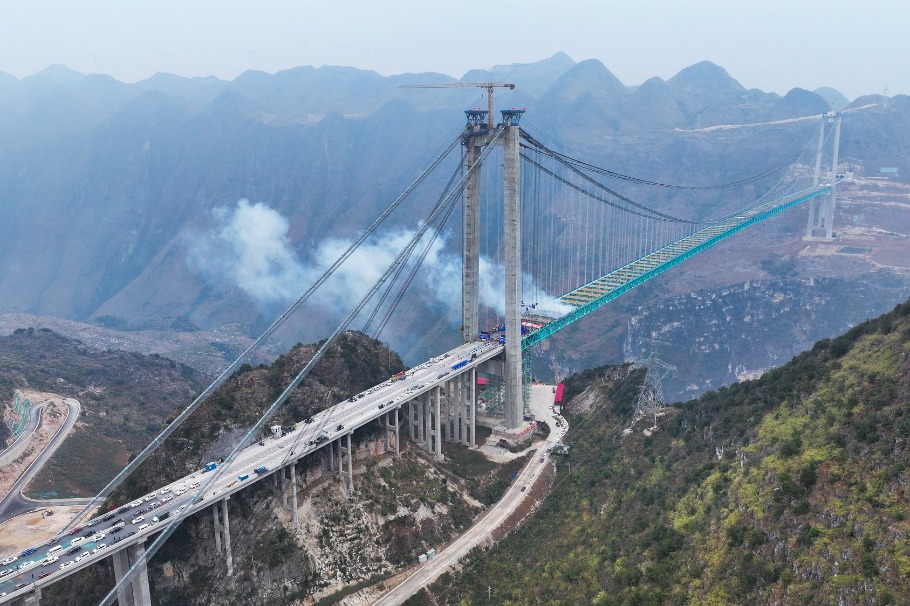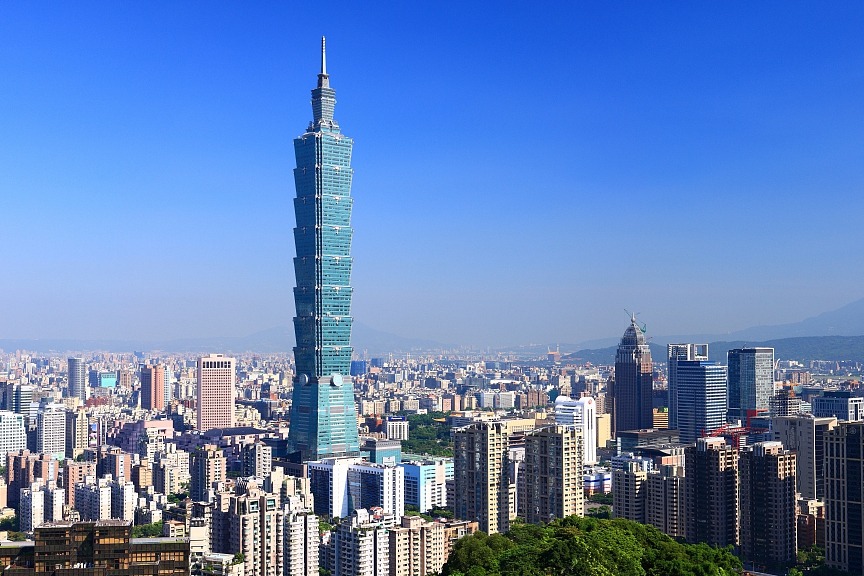A wake-up call for young protesters in Hong Kong


Editor's note: Dr. Summer, who has a doctoral degree in communications from the Communication University of China, has been working in the field of international journalism for 30 years. The article reflects the author's opinions, and not necessarily the view of CGTN.
The US Senate on Tuesday passed the "Hong Kong Human Rights and Democracy Act," which, if it becomes law, would require the State Department to certify at least once a year whether Hong Kong should keep its special status granted by Washington. The vote came after Hong Kong police tried to remove a group of hardcore rioters who occupied the Hong Kong Polytechnic University and set fire to the campus over the weekend.
Meanwhile, the self-proclaimed leader of the radical protesters in Hong Kong Joshua Wong tried to justify their use of violence during an interview in Germany on last Sunday. "We won't achieve our goals through purely peaceful protest alone," he said.
I think the recent developments should serve as a wake-up call for many of the young people who joined the protests or even riots in Hong Kong during the past few months.
Firstly, the radicals do not want real democracy but are disrupting the political system and social order in Hong Kong for their political agenda.
The initial demonstrations started in June were against the legislative process of the Fugitive Offenders and Mutual Legal Assistance in Criminal Matters Legislation (Amendment) Bill 2019. In early July, some angry protesters stormed Hong Kong's Legislative Council Complex and vandalized the building.
In an attempt to bring an end to disputes over the proposed fugitive extradition law amendment, Chief Executive Carrie Lam announced the end of the amendment bill. She even offered to meet with the demonstrators to discuss ways to improve the city's economic development and social progress. But the radicals turned down the offer — they put forward more political demands in the name of democracy. When they did not get what they wanted, they organized more violent activities in wider areas in the city.
They assaulted police who were on site to maintain law and order. Some rioters even abused and attacked people with opposing views. With support from certain Western political forces, the original demonstrations became a means for the radicals to implement a type of "democratic terrorism", which means they used terrorist tactics to fulfill their political goal — to oust the elected officials of the Hong Kong Special Administrative Region government and take over.
Secondly, when they failed in their political goal to overthrow the SAR government, these radicals carried out another scheme — to disrupt the public order to sabotage the city's economy.
Since July, the radicals have started well-organized violence and riots throughout the city. A Reuters story reports: "We just want to affect the Hong Kong economy to let the government know we are serious about our demands," said a 21- year-old student named Lee, who had spent the night making petrol bombs at City University of Hong Kong. The city's transportation, schools and many businesses have been forced to close, pushing the once prosperous financial hub to the "brink of a total breakdown."
As if the damage was not enough, a few representatives of the rioters went to the United States last month, begging the US lawmakers to pass legislation to end Hong Kong's special trading status with the United States in order to exert external pressures for their purpose.
The small group included Denise Ho and Joshua Wong, two core figures behind the turmoil. The pair's statements were mostly based on assumptions. A closer look has revealed their true intentions.
Denise Ho is not a Hong Kong resident. She immigrated to Montreal, Canada, a long time ago. The reason she chose the United States is that, in her own words, it is "the only country that has the power to confront China."
Her purpose is to create a confrontation between the US and China and is eager to see the "ripple effect on other countries." Her real intention is to hinder China's development and seek political capitals by using US' intervention.
Joshua Wong speculated that the HKSAR government "could take draconian measures that include shutting down the internet or the public transportation system" and that Beijing may "take harsher actions" against Hong Kong, including "sending in tanks."
As a matter of fact, it is the radical protesters who have been smashing public infrastructure and blocking public transportation systems in Hong Kong for months.
All is clear now that the radical protesters are cooperating with outside political forces to disable Hong Kong. Joshua Wong and his likes are not interested in building a better Hong Kong, but fighting for their own gains in the name of human rights and democracy.
Hong Kong's future can only be bright with concerted efforts from all local residents who genuinely love and care about the city, including young people who participated in initial demonstrations.


































